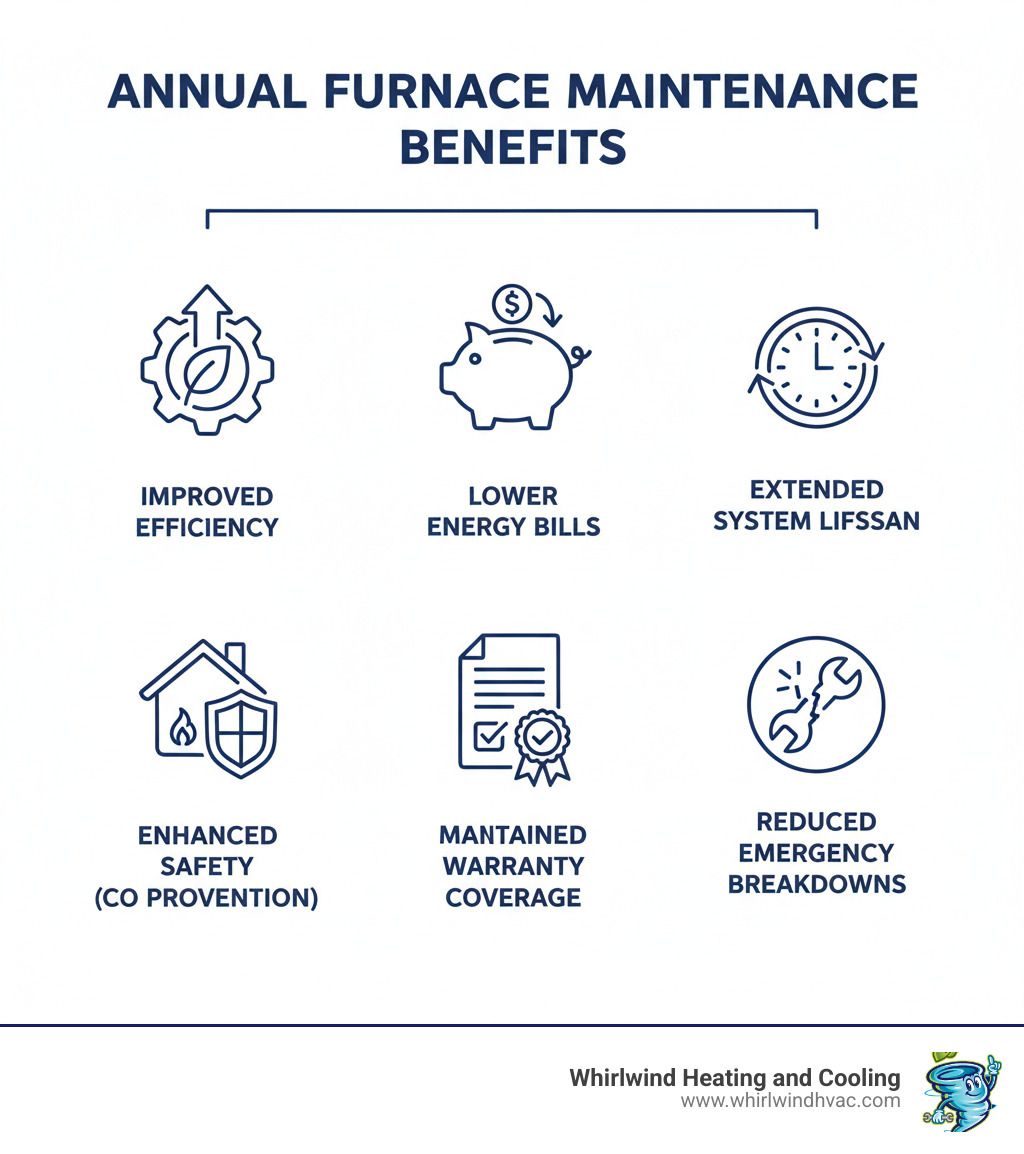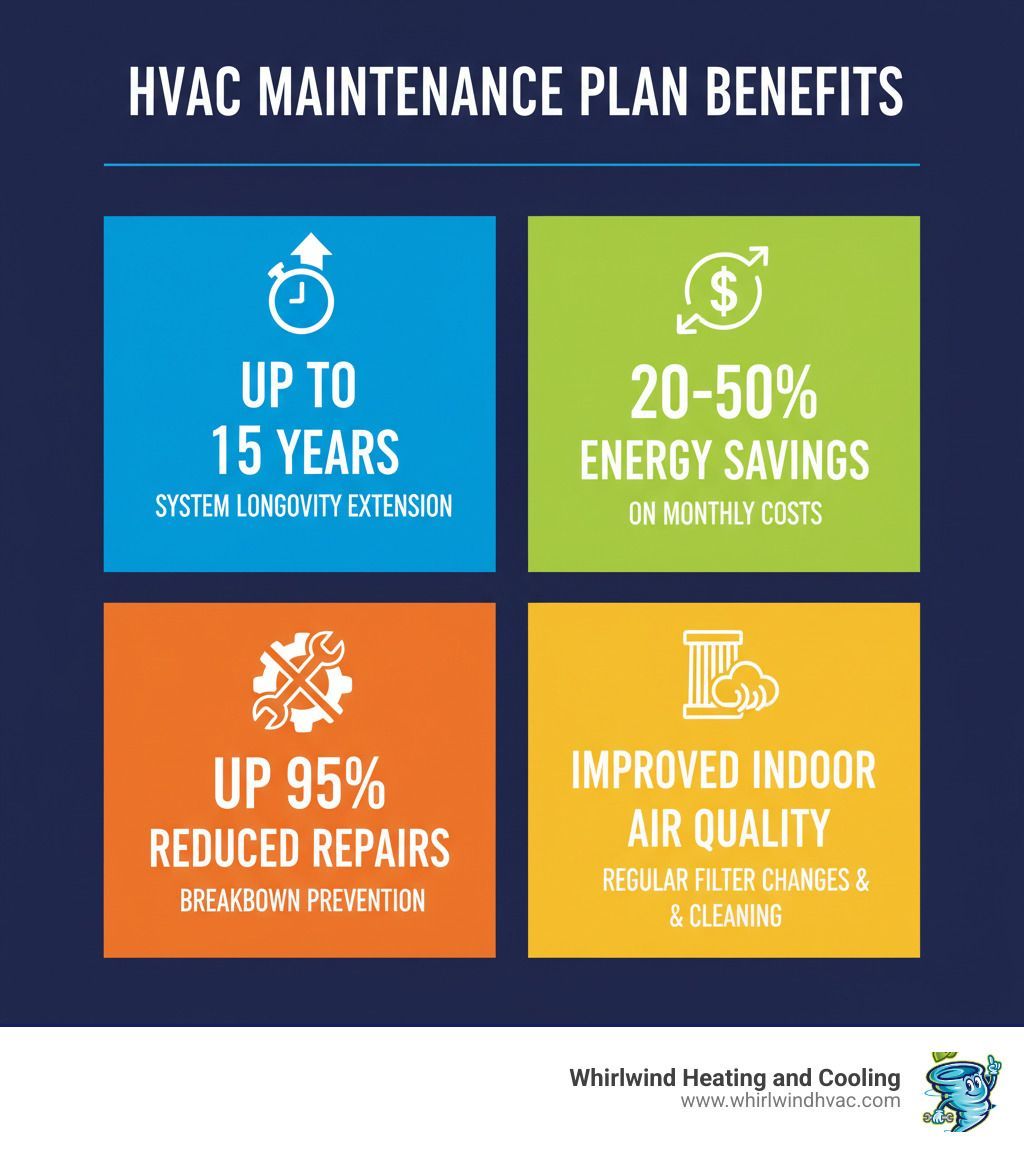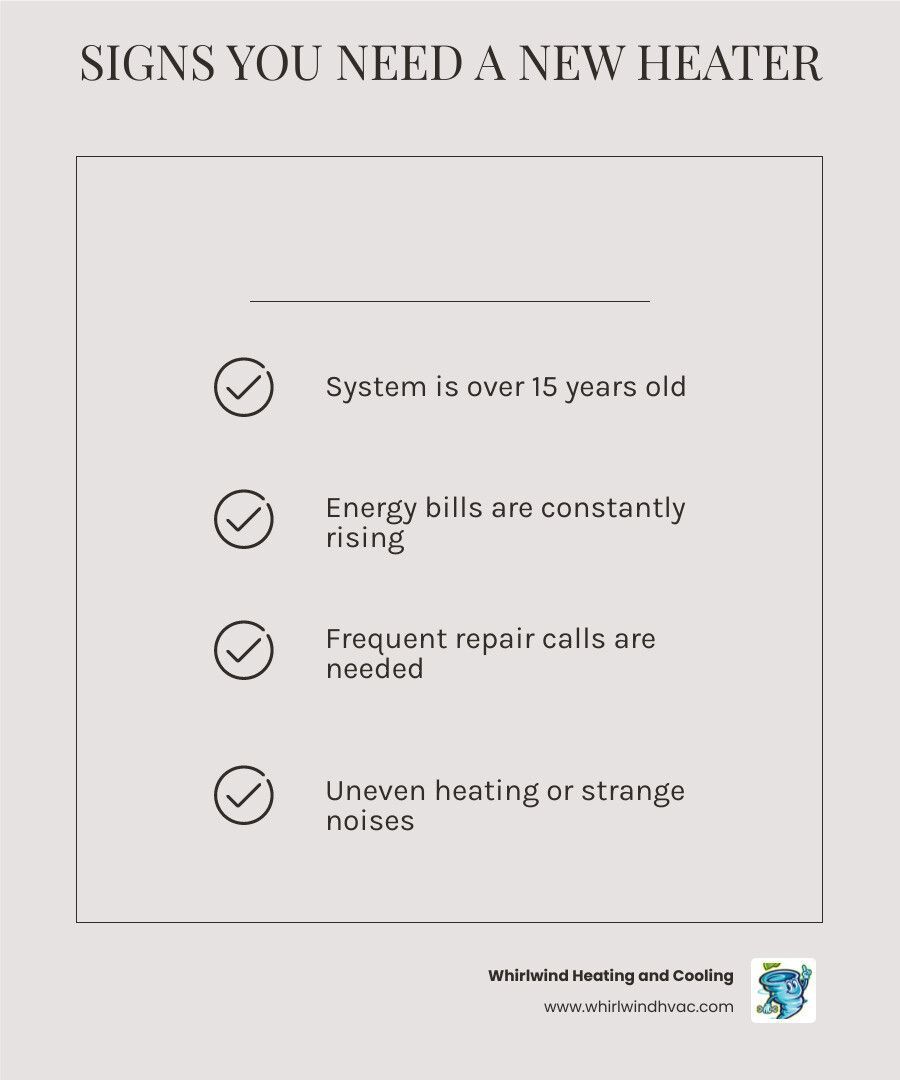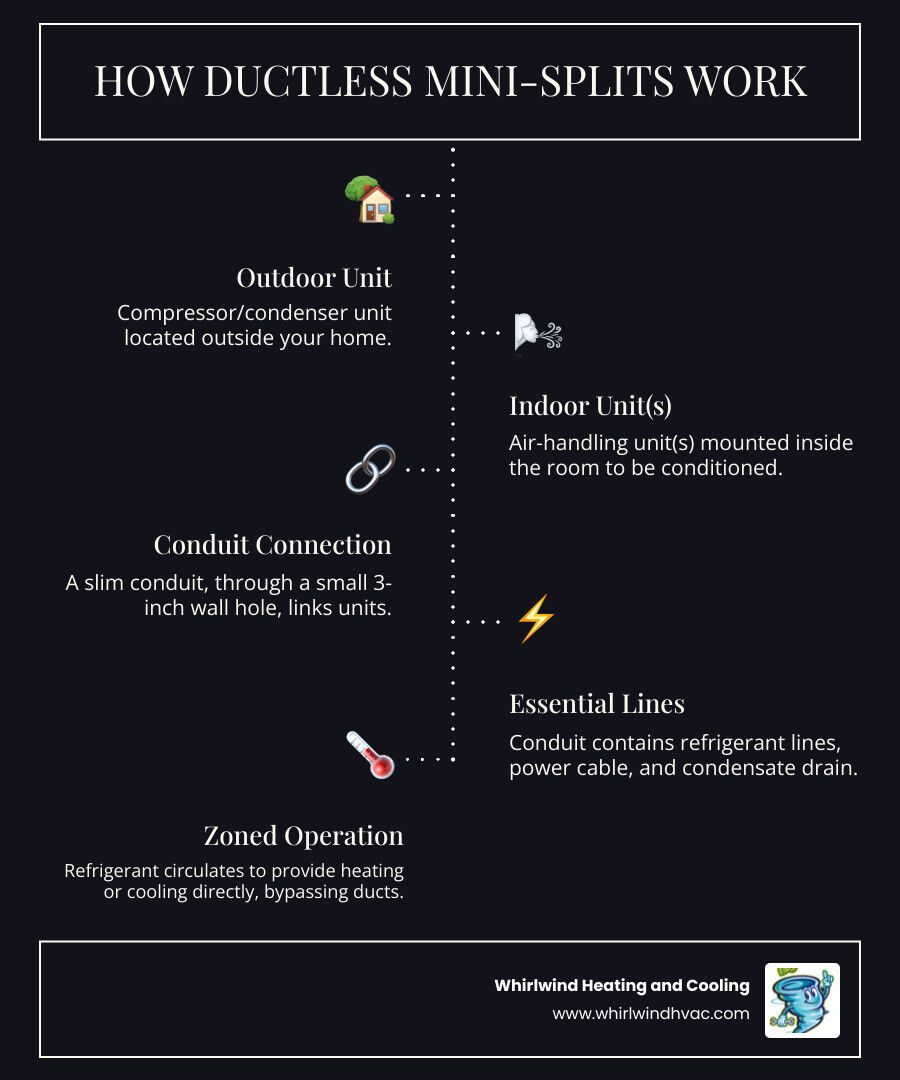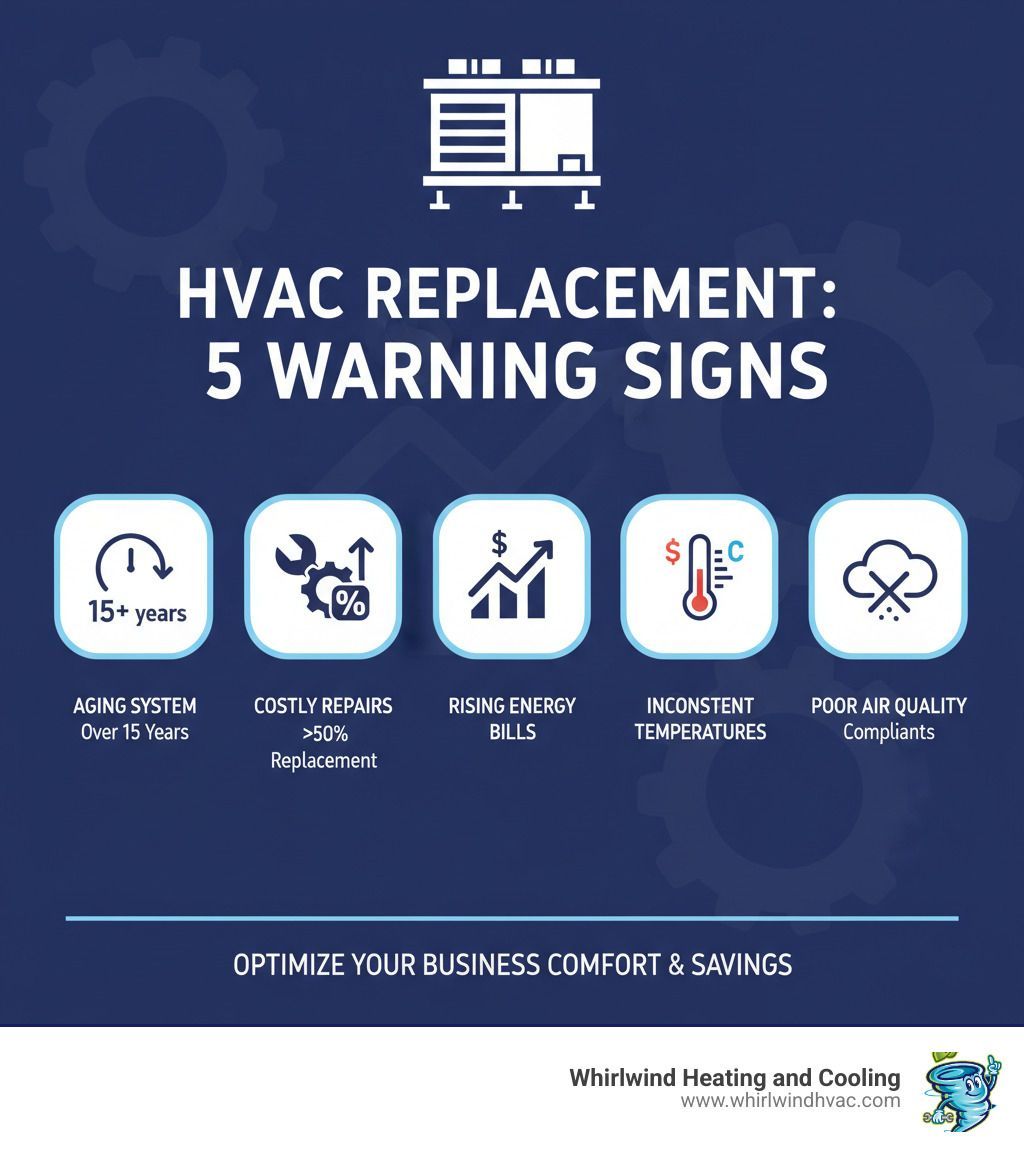Blog
WhirlWind Heating & Cooling LLC
By paul
•
December 9, 2025
There’s a good chance your air conditioning system will show warning signs before it completely fails. Being proactive can save you from uncomfortable heat waves and costly repairs. If you notice changes in your unit’s performance, such as strange noises, inconsistent cooling, or increased energy bills, these are key indicators that your AC may need […]
The post The First Signs Your AC Needs Repair in Woodburn OR (Before It Fails Completely) appeared first on Whirlwind Heating and Cooling, LLC.
By paul
•
November 9, 2025
With the onset of summer, ensuring your home’s air conditioning system is in top condition is vital for your comfort and safety. You need to be aware of common signs of AC issues that can affect your system’s efficiency, leading to higher energy bills and uncomfortable temperatures. Understanding local HVAC services and scheduling timely maintenance […]
The post AC Repair in Woodburn OR – What Local Homeowners Really Need to Know Before Summer Hits appeared first on Whirlwind Heating and Cooling, LLC.
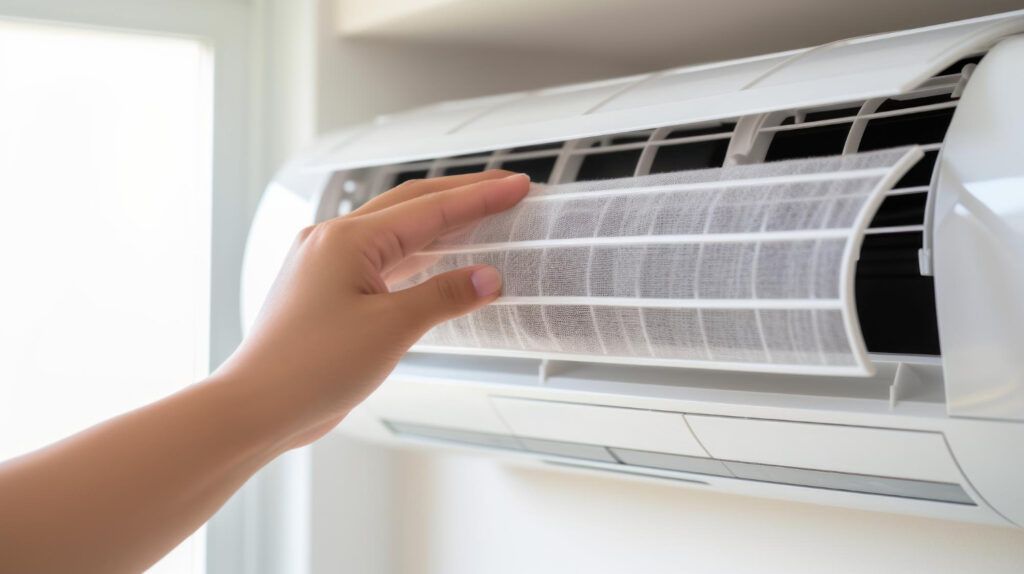
By paul
•
November 9, 2025
With the onset of summer, ensuring your home’s air conditioning system is in top condition is vital for your comfort and safety. You need to be aware of common signs of AC issues that can affect your system’s efficiency, leading to higher energy bills and uncomfortable temperatures. Understanding local HVAC services and scheduling timely maintenance […]
The post AC Repair in Woodburn OR: What Local Homeowners Really Need to Know Before Summer Hits appeared first on Whirlwind Heating and Cooling, LLC.
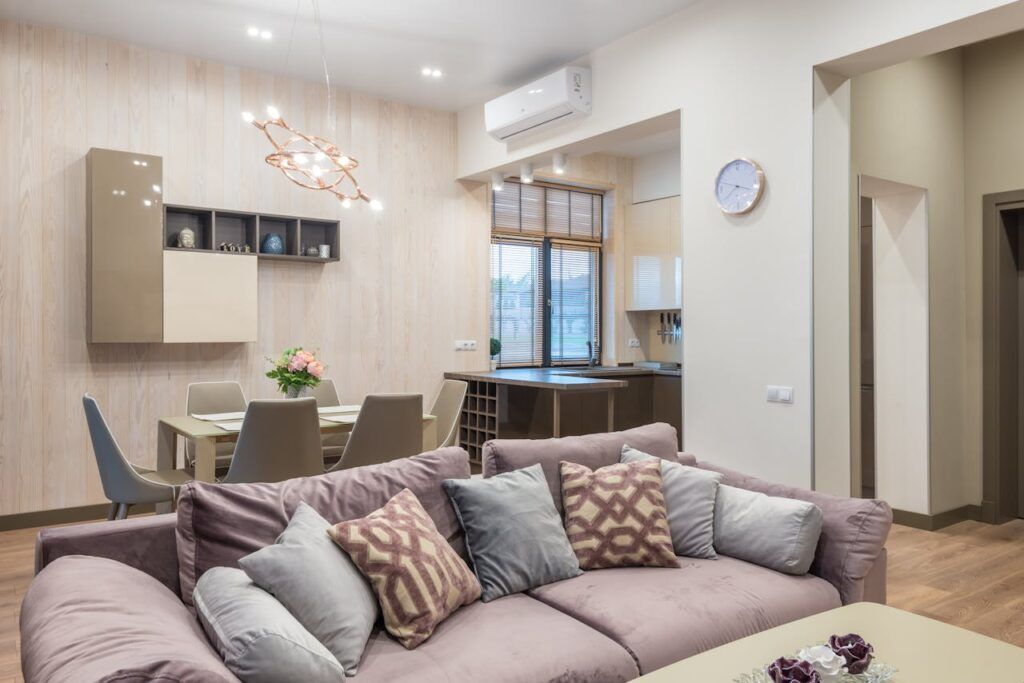
By paul
•
November 8, 2025
Just as the temperatures begin to soar in Woodburn, OR, your air conditioning system faces increased demand, leading to potential breakdowns. This seasonal strain can cause your unit to work harder than necessary, resulting in costly repairs and discomfort. To ensure your home stays cool and your AC runs efficiently, it’s crucial to understand the […]
The post Why AC Systems Work Harder in Woodburn OR’s Early Summer-and How to Prevent Breakdowns appeared first on Whirlwind Heating and Cooling, LLC.
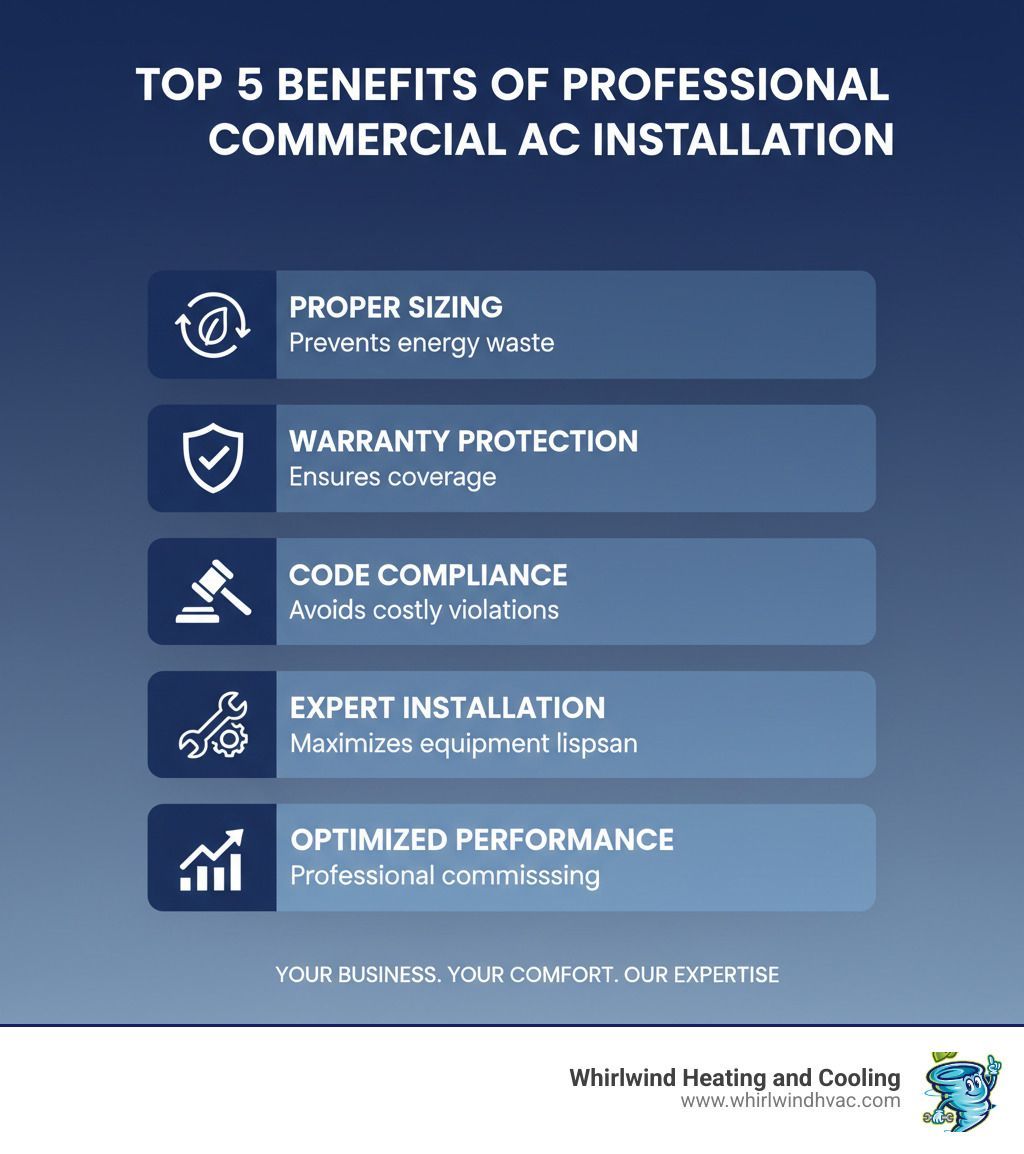
By dani
•
October 14, 2025
The commercial AC installation market is experiencing steady growth, driven by an increasing need for efficient and reliable cooling solutions across various business sectors. From maintaining comfortable office environments to ensuring optimal operating conditions for sensitive equipment, commercial AC systems are critical for sustained productivity and operational efficiency. The market encompasses a wide range of services, including new installations, replacements, and system upgrades, reflecting the diverse needs of commercial clients.
## Introduction
The post Cooling Your Enterprise: Professional Commercial AC Installation Services appeared first on Whirlwind Heating and Cooling, LLC.

